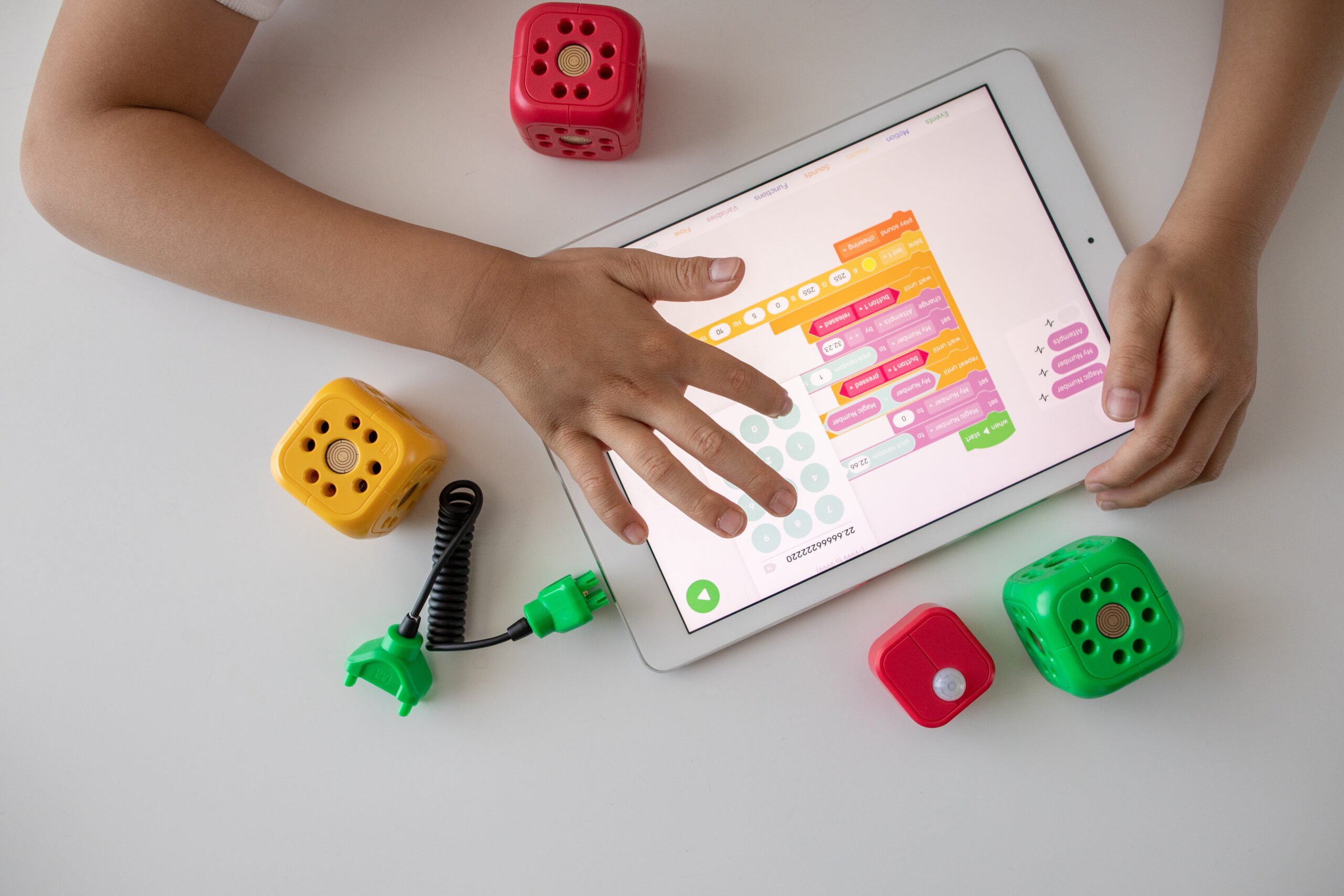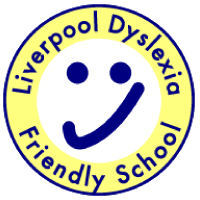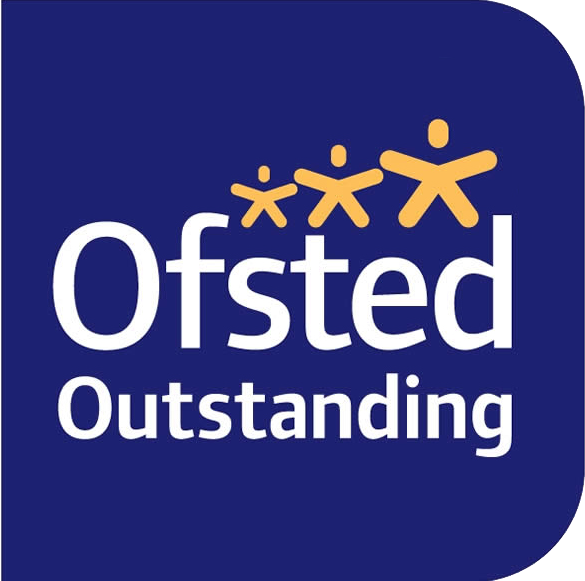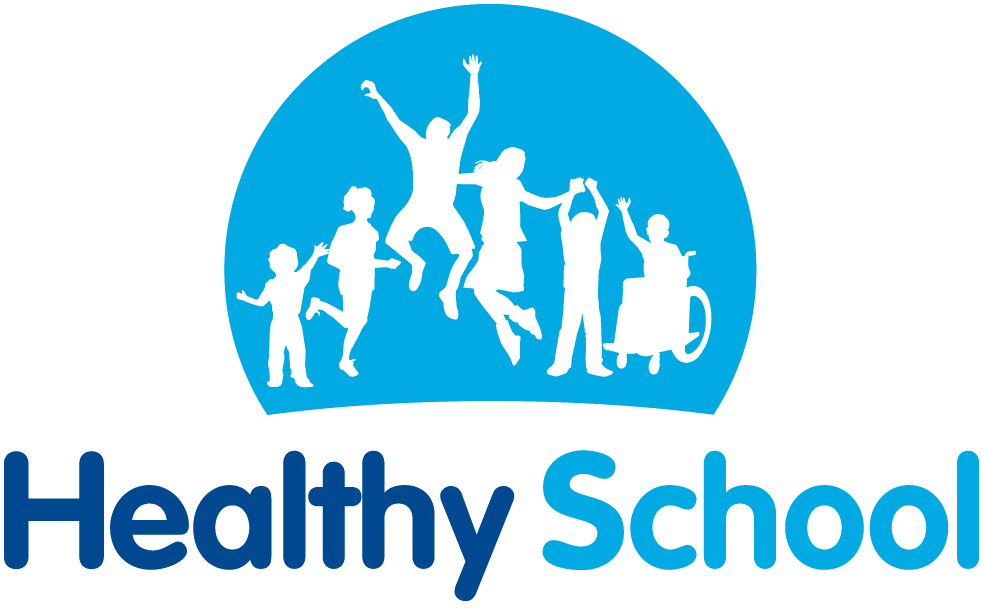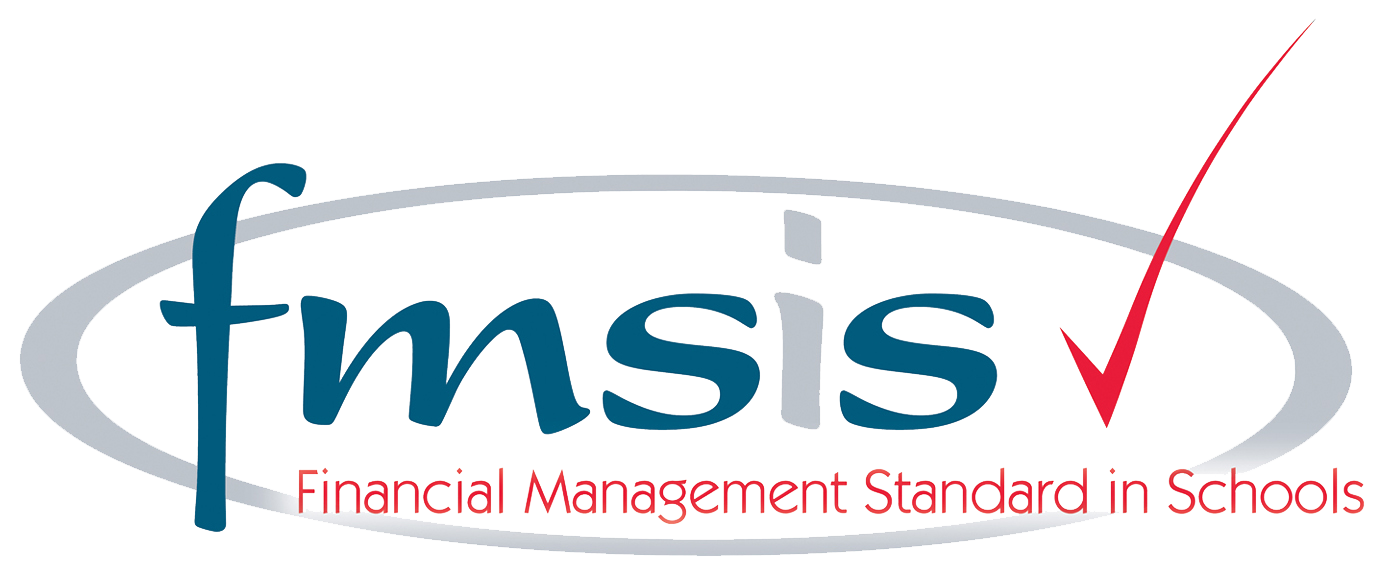Vision
At Bank View, we recognise the importance of Science in every aspect of daily life. Starting right from the Early Years, our Science curriculum encourages children to become independent scientists who are beginning to question and explore their own ideas, as well as question others. Using appropriate scientific vocabulary at each stage of their learning, they will be able to engage in well-structured discussions using their relevant scientific knowledge. Through our science curriculum, we aim to provide children with the skills needed to seek out the answers to scientific questions they have, helping them to make sense of the world in which we live. Through clear explanation, which builds upon prior knowledge and a strong understanding of the concept being learnt, teachers at Bank View School deliver lessons that are as practical and as memorable as possible – they promote curiosity both within and beyond the classroom and teachers encourage children to explore their ideas with their families at home. We want our children to have no limits to what their ambitions are and grow up wanting to be astronauts, forensic scientists, toxicologists or microbiologists.
Intent
At Bank View, we want our children to develop an interest in science and enjoyment and appreciation of its role in the world around us. We want to build upon their curiosity and sense of awe of the natural world. They will develop a greater understanding of the concepts and knowledge of science through using a range of investigations and practical activities. They will also develop their skills in making predictions and measurements as well as making use of scientific language. The children will also learn the importance of science in their own lives, about their health and wellbeing, as well as in their environment and in the wider world.
Our pre-formal learners learn about seasonal changes in the world around them. They talk about plants and animals and show concern for living things and the environment. They also talk about why things happen and how things work and begin to look for similarities, differences, patterns and changes. For pupils following the National Curriculum, there is an emphasis on practical investigation. Following on from previous learning, the children learn from first-hand experience. They observe similarities, differences, patterns and changes. They use a variety of methods with which to record their results, making use of technology where appropriate. They also consider how science influences our lives, both immediate and long-term effects and in our local and global environments. As pupils develop, they learn about key famous scientists and how their discoveries made a lasting impact on our lives. Throughout this progression, the children acquire key scientific knowledge, which will be assessed at the end of each unit with an end-of-unit quiz. They will also acquire practical investigative skills and will learn and make appropriate use of key scientific vocabulary, supported by visual images.
Implementation
Pre-formal learning provides opportunities for children to experience the world around them. Through directed activities and investigative play, the children can explore practically and discuss their findings. They are encouraged to explain their thoughts and adults model good practice.
For formal learners, teachers use Medium Term Plans and a range of resources to teach the National Curriculum. Each lesson begins with a stimulus, visual or practical. The children have the opportunity to explore and discuss ideas, building upon previous learning and making predictions. Children will complete practical tasks and will begin to record their ideas in a more formalised structure. They will note observations, make measurements and will begin to conclude, making appropriate use of scientific vocabulary. Every opportunity is taken to place learning in a wider context so that children understand the relevance of science in our world. The emphasis is on making appropriate use of practical skills and scientific knowledge. The children will all present and explain their findings and will use age/ability-appropriate methods of recording these results.
Impact
The teacher will assess pupils against the lesson objectives throughout the lesson through questioning, outcome and quizzes. In all lessons, the children will be made aware of the lesson objective so that they can assess their own learning. Teachers will support the children in reflecting upon their practical work. In this way, children will learn to make improvements in their practical investigations to increase accuracy in scientific practice and when collecting results and making conclusions.
If children are keeping up with the curriculum outcomes, they are deemed to be making good or better progress. In addition, we measure the impact of our curriculum through a reflection on standards achieved against the planned outcomes; a celebration of learning for each term which demonstrates progression across the school; assessment of the skills and knowledge with our domain sheets and pupil discussions about their learning. Teachers recap on previous learning through questions at the beginning of a new unit of work; know more remember more. New learning is continually revisited by the teachers to embed.
